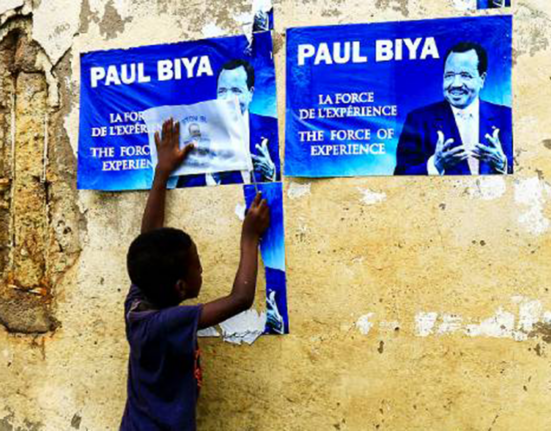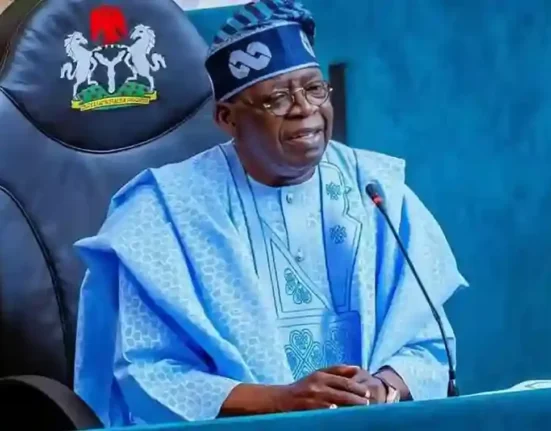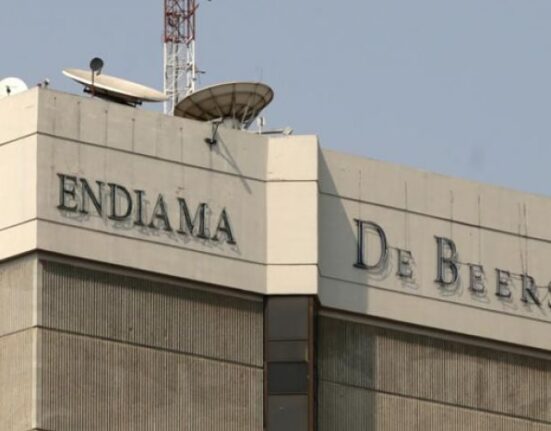NEW YORK – The chamber of the United Nations echoed with words sharper than diplomacy usually allows. From African presidents to European monarchs, from small states to regional powers, leader after leader rose this week to denounce the devastation in Gaza and to demand that the world fulfill a promise made more than seven decades ago: the creation of a sovereign Palestinian state alongside Israel.

AfricaHeadline Reports Team
editorial@africaheadline.com
What unfolded was not a routine display of international hand-wringing but a rare convergence of voices, some measured, others thunderous, calling the ongoing war in Gaza “indefensible” and describing the humanitarian collapse as bearing “all the hallmarks of ethnic cleansing.”
Senegal: “Silence would be complicity”
Senegal’s delegation, speaking as chair of the UN Committee on the Inalienable Rights of the Palestinian People, drew a direct line between global inaction and complicity. “In the face of such inhumanity, to do nothing is not an option,” the envoy declared. Dakar pressed for an immediate ceasefire, unimpeded humanitarian access, and even floated the idea of deploying a UN stabilization mission to stop what it called Israel’s “illegal actions.”
For Senegal, a nation that has historically positioned itself as a moral voice in African diplomacy, the moment was not about geopolitical alignment but about reclaiming the founding principles of the UN: sovereignty, equality, and peace through justice. The speech underscored a growing impatience across the Global South with what many view as Western double standards.
Monaco: A symbolic breakthrough
The Principality of Monaco, more often associated with wealth and discretion than with geopolitical risk-taking, surprised the assembly by announcing it would formally recognize the State of Palestine. Balancing this bold step, Monaco reaffirmed Israel’s right to secure borders and demanded the release of hostages and the disarmament of Hamas.
“Peace cannot remain a dim prospect on the distant horizon,” the Sovereign Prince told the hall. “It must be built on mutual recognition and dignity.”
Though largely symbolic, Monaco’s recognition reflects a broader European drift from cautious neutrality toward explicit support for Palestinian sovereignty.
South Africa: History as Indictment
South African President Cyril Ramaphosa delivered perhaps the most searing historical rebuke. Recalling UN Resolution 181 of 1947, which envisioned two states, he said bluntly: “Immediately after, only one was created, casting Palestinians into decades of statelessness.”
Ramaphosa praised French President Emmanuel Macron for breaking ranks by announcing France’s recognition of Palestine, a move Pretoria framed as long overdue. But he did not mince words about Israel’s response to Hamas’s October 7 attack, condemning what he called “disproportionate punishment that has become genocide.”
South Africa’s proposed five-point plan, recognition of Palestinian sovereignty, immediate ceasefire, release of hostages and prisoners, respect for international law, and halting settlement expansion, landed with the weight of moral conviction, invoking Pretoria’s own history of apartheid and liberation.
Angola: The African Union’s voice of alarm
President João Lourenço of Angola, aligning closely with the African Union, insisted that East Jerusalem must serve as the capital of an independent Palestine. He condemned terrorism in all its forms but accused Israel of weaponizing humanitarian aid and targeting civilians, journalists, and UN staff.
“The conflict will not be resolved by weapons, no matter how sophisticated they may be,” Lourenço warned. He characterized Israel’s military campaign as “disproportionate” and dangerously destabilizing for the entire Middle East.
Angola’s intervention highlighted Africa’s role as a rising bloc within the UN, pressing for solutions rooted in international law rather than power politics.
Australia: Revisiting Its first vote
Australia, the first country to cast a UN vote for the creation of Israel in 1947, revisited its own history with striking candor. Its prime minister acknowledged that the partition plan always envisaged two states, one for Jews and one for Palestinians, and that this vision had been “consumed by conflict” over eight decades.
“We saw it again in the horrific events of October,” the prime minister said, lamenting “opportunities not taken, compromises rejected, good faith betrayed.” Canberra’s words reflected both regret and resolve, urging the world to restore balance to a plan it helped launch.
A Fragile but growing consensus
What emerged from the conference was not unanimity. Divisions remain over sequencing, security guarantees, and the role of Hamas. But a clear shift was visible. France’s recognition of Palestine, praised across continents, may prove to be a diplomatic pivot point. With 142 nations already extending recognition, momentum appears to be building toward a new international reality.
The humanitarian collapse in Gaza, where entire neighborhoods lie in ruins and civilians struggle for food and medicine, has pushed even reluctant states toward stronger language. For many leaders, the moral stakes are now inseparable from geopolitical ones: allowing the crisis to continue risks not only Gaza’s survival but the legitimacy of the international system itself.
Critical analysis: A test of global resolve
The rhetoric inside the UN chamber carried a patriotic tone, nations defending principles they argued were embedded in the UN Charter itself. But the gap between speeches and action remains wide. Western powers remain divided, with the United States still resisting recognition of Palestine while pushing for incremental ceasefire arrangements.
The question is whether the “tipping point” evident in New York translates into binding commitments. Can symbolic recognitions force a strategic recalibration? Or will they remain moral gestures, overshadowed by entrenched military and political realities?
As one diplomat put it privately: “What we saw today was conscience speaking. The harder test is whether conscience can move power.”








